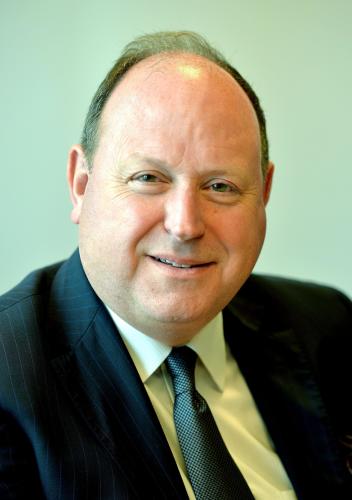The UK’s chief inspector of immigration, John Vine, has warned that there is evidence that many foreign nationals are gaining UK residence visas by the use of proxy marriage certificates.
Chief Inspector of Immigration, John Vine, has warned that the Home Office is not taking sufficient steps to check on ‘proxy marriage’ certificates from countries such as Nigeria, Ghana and Brazil. In certain countries a marriage can take place without one of the parties to the marriage being present. Mr Vine’s report says that fraudulent visa applications may be made using the resulting proxy marriage certificates.
EU nationals, who have the right to live and work in any member state, can usually have a non-EU spouse join them in their country of residence. In countries such as Brazil, Paraguay, Ghana and Nigeria, proxy marriages are legal. Thus, an EU citizen can legally marry a Nigerian citizen in Nigeria without going to Nigeria to do so.
The UK is required to treat the proxy marriage just like any other marriage if it is genuine but, clearly, there is a real possibility of fraud. The UK has no effective system of checking whether the proxy marriage certificates or the proxy marriages themselves are genuine. Therefore, an application based on a bogus marriage and a proxy marriage certificate may very well be successful.
The chief inspector and his staff checked documentation relating to a small sample of 29 proxy marriage certificates and found that more than 80% of them were bogus. This finding has potentially enormous consequences. There are approximately 2.5m EU citizens living in the UK. More than a third of these, around 900,000, were born outside the EU and gained their citizenship through marriage.
The inspector’s report states that, in the UK in 2013, 20% of people applying for UK residence on the grounds of marriage had been involved in proxy ceremonies. This may mean that well over 100,000 people have obtained residence by use of fraudulent proxy marriages.
“More effort needs to be made to identify and prosecute those cases [where proxy marriage is involved] if this issue is to be tackled,” the inspector’s report says.
A Home Office spokesman said that the Home Office prevented 1,300 sham marriages in 2013, more than double the figure in 2012. Mr Vine will be questioned by the UK’s Home Affairs Select Committee on the issue shortly.









